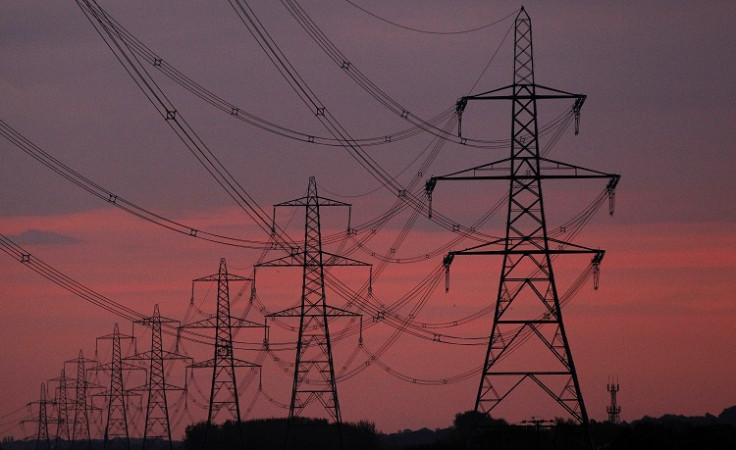World's most powerful electrical testing system unveiled

A new 24,000-volt direct current power test system, the most powerful of its kind, has been unveiled at Florida State University's Center for Advanced Power Systems.
The system, which has the ability to test electrical equipment in real-world conditions, will help in building next-generation power equipment.
The power hardware in the loop (PHIL) test facility at CAPS is a scientific experiment where a simulated electrical environment virtually exchanges power with real hardware, giving scientists a more in-depth look at how equipment would fare in real-world conditions such as a lightning strike or a power surge.
The new test facility is the latest in PHIL testing programme.
It has a 24,000-volt direct current with a capacity of 5 megawatts built by putting together four individual 6 kilovolt, 1.25 megawatt, converters that can be arranged in any combination, in series or parallel connection, to form an extremely flexible test bed for medium voltage direct current (MVDC) system investigations.
"This is the first time anyone has strung together four individual converters of this magnitude and operated them in a safe and controlled manner," said Michael "Mischa" Steurer, senior research faculty and leader of the Power Systems Research Group at CAPS.
© Copyright IBTimes 2025. All rights reserved.





















